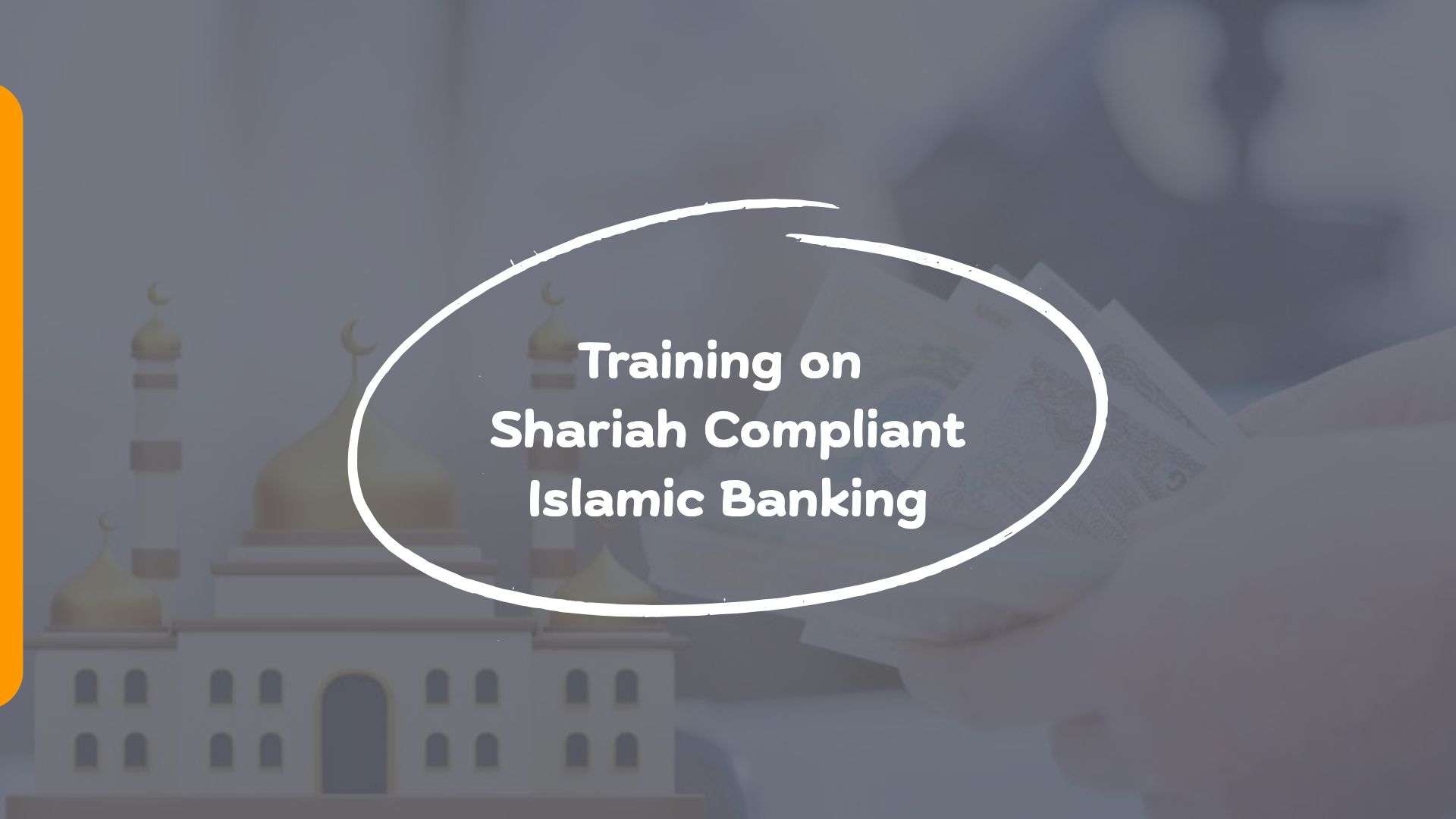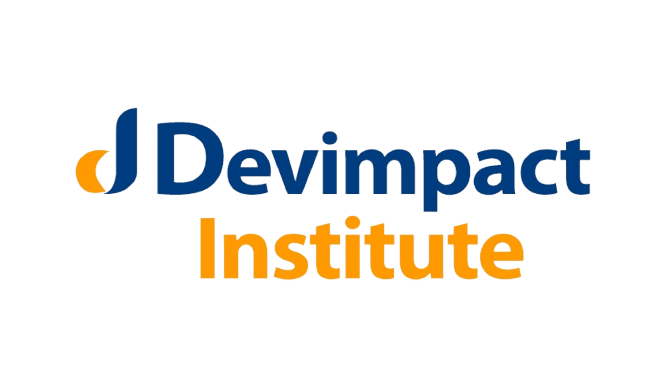
Training on Shariah Compliant Islamic Banking
Islamic banking is based on the principles of Islamic/Sharia law, guided by Islamic economics. Islamic law prohibits interest, and hence it is a non-interest banking system. It also prohibits investment in businesses that provide products and/or services against Islamic principles. Historically, these prohibitions have been applied in Islamic countries to control and prevent un-Islamic practices.
Shariah Compliant Islamic Banking Training aims to provide participants with a comprehensive understanding of the principles, concepts, and practices governing Islamic finance and banking. The course will cover the fundamentals of Shariah-compliant banking, including its ethical and legal framework, modes of financing, risk management, and regulatory compliance. Participants will gain insights into the unique features of Islamic financial products and learn how to apply Shariah principles in banking operations.
Target Participants
Training on Shariah Compliant Islamic Banking is designed for professionals working in the field of finance, banking, investment, and Islamic finance.
What You Will Learn
By the end of this course the participants will be able to:
- Understand the principles and fundamentals of Shariah-compliant Islamic banking
- Explore the ethical and legal framework governing Islamic finance
- Analyze the various modes of Shariah-compliant financing and investment
- Examine the risk management practices in Islamic banking
- Understand the regulatory requirements and compliance standards for Islamic banks
- Gain practical insights into structuring Shariah-compliant financial products
- Develop skills in applying Shariah principles in banking operations
Course Duration
Classroom Based – 5 Days
Online – 7 Days
Module 1: Introduction to Islamic Finance
- Overview of Islamic finance principles and concepts
- Distinction between conventional and Islamic banking
- History and development of Islamic finance
- Islamic Rulings on Islamic Financial Transactions
Module 2: Shariah Principles in Banking
- Understanding Shariah law and its relevance to banking
- Prohibition of Riba (interest) and Gharar (uncertainty)
- Principles of Halal (permissible) and Haram (prohibited) transactions
- Analyzing the role of Shariah scholars in Islamic banking
Module 3: Modes of Shariah-Compliant Financing
- Mudarabah (profit-sharing)
- Musharakah (partnership)
- Murabahah (cost-plus financing)
- Ijarah (leasing)
- Istisna (manufacturing contracts)
Module 4: Shariah-Compliant Investment Products
- Sukuk (Islamic bonds)
- Islamic equity funds
- Islamic real estate investment trusts (REITs)
- Shariah-compliant mutual funds
Module 5: Islamic Credit Cards
- Differentiating between conventional credit cards and Islamic credit cards
- Prohibition of Riba (interest) and Gharar (uncertainty) in credit card transactions
- Features and Benefits of Islamic Credit Cards
- Structuring Islamic Credit Card Products
- Market Trends and Innovations
Module 6: Risk Management in Islamic Banking
- Types of risks in Islamic banking
- Risk mitigation strategies
Module 7: Takaful (Islamic Insurance)
- Shariah-compliant alternatives to conventional insurance
- Key features and structure of Takaful contracts
- Participants' roles in Takaful: Policyholders, operators, and shareholders
- Types of Takaful models: Mudarabah and Wakalah
- Takaful fund management: Investment principles and profit distribution
Module 8: Application of Shariah Principles in Banking Operations
- Principles of structuring Shariah-compliant contracts
- Shariah compliance in day-to-day banking activities
- Customer relationship management in Islamic banks
- Compliance monitoring and auditing processes
Module 9: Legal Perspective in Islamic Banking
- Overview of the legal framework governing Islamic banking and finance
- Consumer Protection and Legal Rights
- Legal considerations in cross-border Islamic banking transactions and international trade finance
Module 10: Ethical Behavior in Islamic Banking
- Upholding integrity, transparency, and accountability
- Handling ethical dilemmas
- Case studies and practical examples
Module 11: Role of Islamic Finance in Society
- Financial Inclusion and Poverty Alleviation
- Support for Small and Medium Enterprises (SMEs)
- Introduction to Zakat, Waqf, and Sadaqah as forms of Islamic social finance
- Case studies showcasing successful initiatives in using Islamic finance to alleviate poverty and empower marginalized groups

